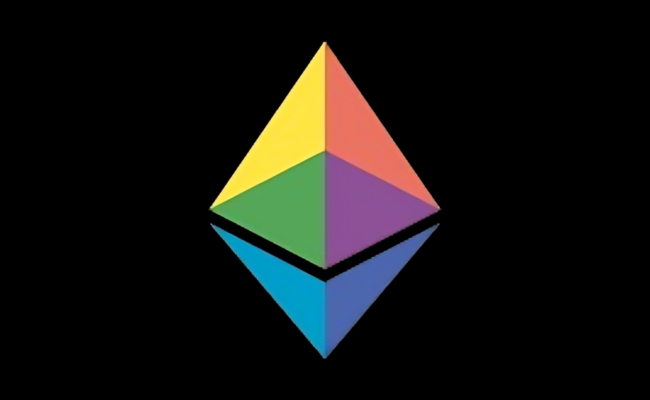Highlights:
- The Ethereum Foundation is shifting focus to usability and scaling after a leadership change in March.
- Vitalik Buterin has proposed replacing EVM with RISC-V to boost smart contract efficiency.
- The upcoming Ethereum upgrades will target better user experience and support for layer-2 solutions.
The Ethereum Foundation changed its leadership structure and is now shifting its attention to solving user experience and scaling issues. Co-executive director Tomasz Stańczak shared an update on X explaining how the foundation is operating differently since March.
He explained that the changes are meant to reduce Vitalik Buterin’s involvement in daily matters. The move aims to let him concentrate more on research and exploration. The foundation named Stańczak and Hsiao-Wei Wang as co-directors. Since then, Buterin has moved away from daily operations and has focused on posting proposals and ideas related to network improvements.
Our discussions about the Layer 1 scaling roadmap have been extensive, and the feedback so far suggests that the community appreciates our ambition. Turning that ambition into reality now depends on the focus of the core development teams and researchers.
Following the recent…
— Tomasz K. Stańczak (@tkstanczak) April 20, 2025
Stańczak mentioned that Buterin’s insights continue to influence the direction of Ethereum, especially when they align the community with core values. He said that recent posts from Buterin have sparked new thinking and encouraged developers to explore promising paths. These include privacy enhancements and upgrades to the Ethereum Virtual Machine.
However, Stańczak also stressed that proposals from Buterin are intended to begin discussions. He added that they should not be taken as final decisions. In addition, the community has the option to either improve them or choose different directions.
Buterin Proposes Shift to RISC-V for Smart Contracts
Buterin recently outlined a privacy roadmap for Ethereum. He suggested features that could hide user activity and be activated by default. He believes that user privacy should be a built-in feature of the network. Besides privacy, Buterin is also focusing on improving Ethereum’s performance and speed.
On April 20, he posted another idea, this time suggesting a major change in how Ethereum handles smart contract execution. His proposal is to switch from the current Ethereum Virtual Machine to a RISC-V-based approach. The change could increase efficiency, especially in areas that use zero-knowledge proofs.
NEW: Ethereum $ETH co-founder Vitalik Buterin has proposed a MASSIVE network upgrade that could send Etherum to over $10,000 🤯
Transitioning the Ethereum Virtual Machine (EVM) to "RISC-V," modernizing the network’s execution layer
Tackling performance inefficiencies and… pic.twitter.com/57a8j15mhQ
— BlockNews (@blocknewsdotcom) April 21, 2025
The RISC-V system is already used in some zero-knowledge Ethereum Virtual Machines. In these cases, Ethereum operations are first translated into RISC-V before the proofs are generated. Buterin recommends skipping this extra step by writing smart contracts that compile directly to RISC-V. The change would save time and improve performance.
He also said that Ethereum’s current structure would remain the same and that existing contracts written for the EVM would still work. Popular languages such as Solidity and Vyper would not be removed. Instead, they would shift to support RISC-V instead of the EVM.
According to Buterin, the RISC-V approach could improve prover efficiency by up to 50 times or even more in some scenarios. The move would help Ethereum stay competitive, especially when compared with faster blockchains. Stańczak added that proposals like these allow researchers to make faster progress and finish projects in one to two years. He praised Buterin for putting forward ideas that have opened up new areas for development and brought attention to long-term network goals.
Community Encouraged to Guide Future Development
The foundation is also planning to focus more on short-term goals such as improving layer-1 scaling and making layer-2 solutions easier to use. Stańczak said that better interoperability and smoother experiences will be part of upcoming protocol upgrades, including Pectra, Fusaka, and Glamsterdam. He added that even while focusing on near-term results, the Foundation is also preparing to support long-term research in key areas such as execution and consensus upgrades.
Best Crypto Exchange
- Over 90 top cryptos to trade
- Regulated by top-tier entities
- User-friendly trading app
- 30+ million users
eToro is a multi-asset investment platform. The value of your investments may go up or down. Your capital is at risk. Don’t invest unless you’re prepared to lose all the money you invest. This is a high-risk investment, and you should not expect to be protected if something goes wrong.






